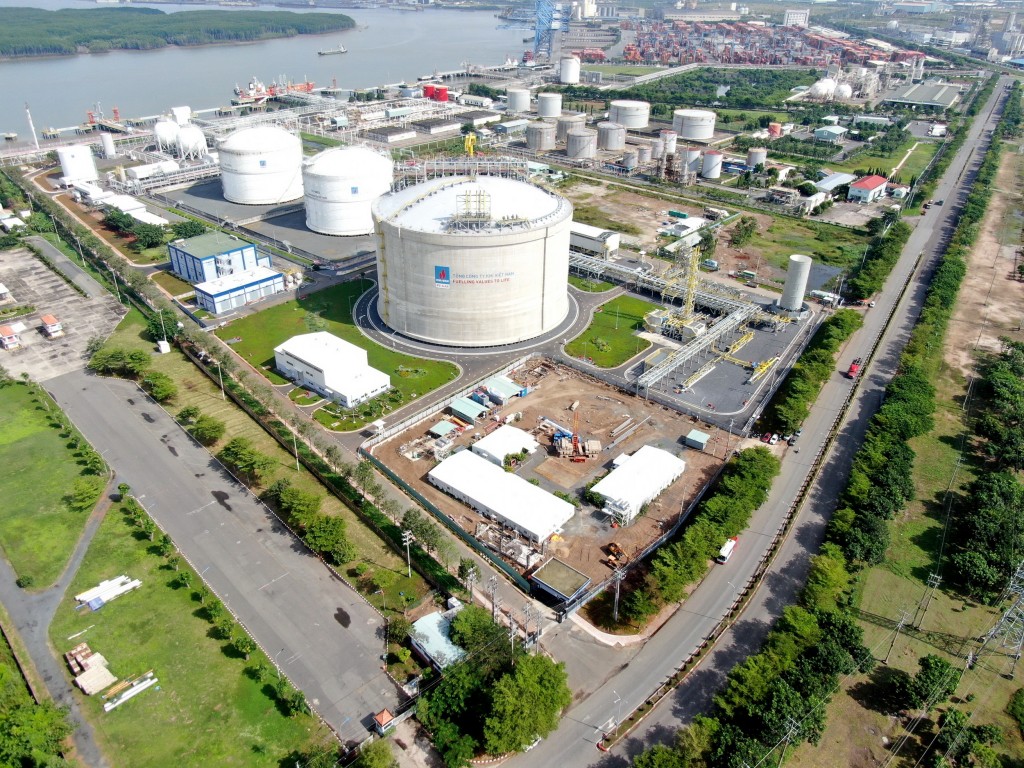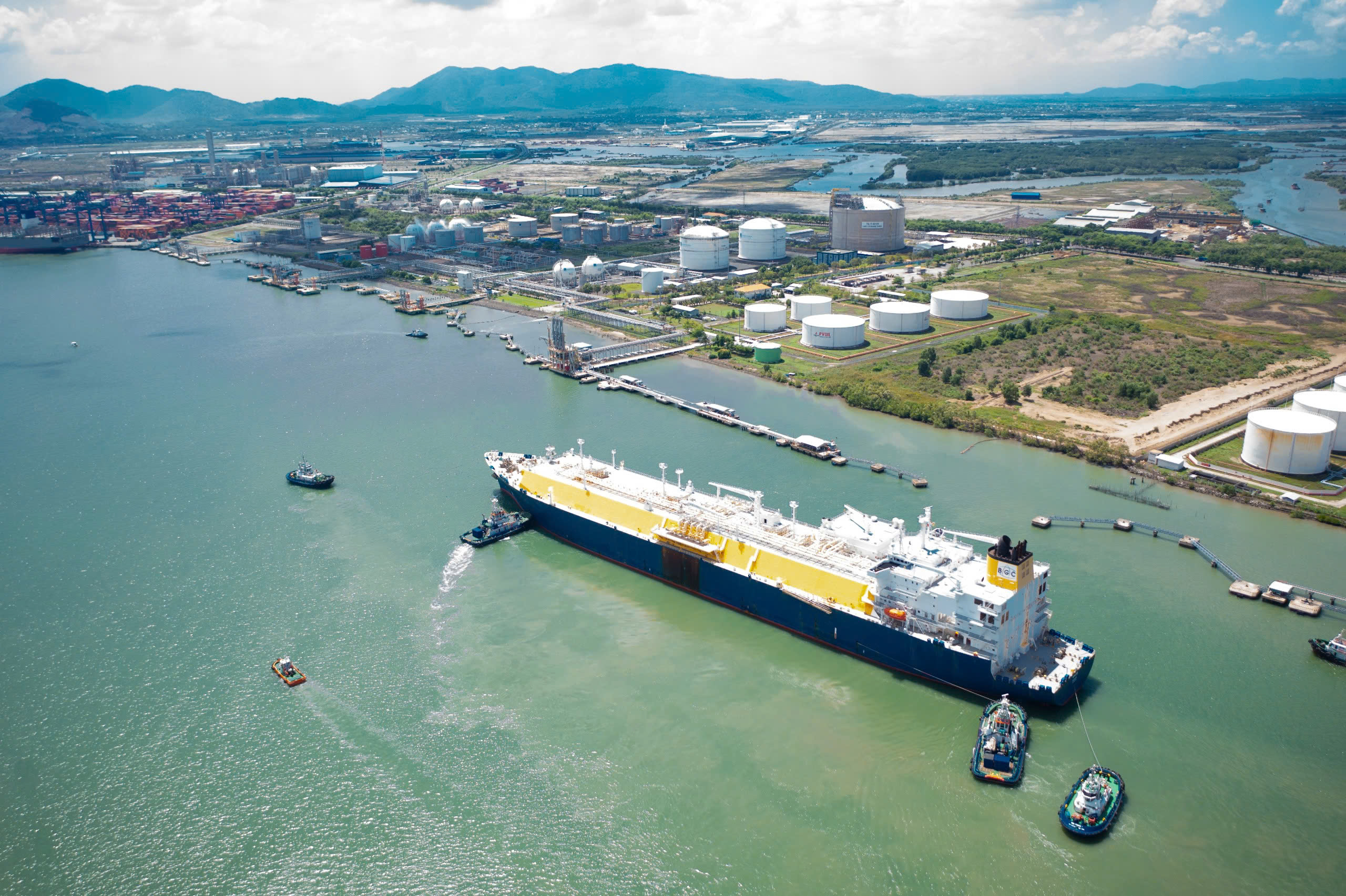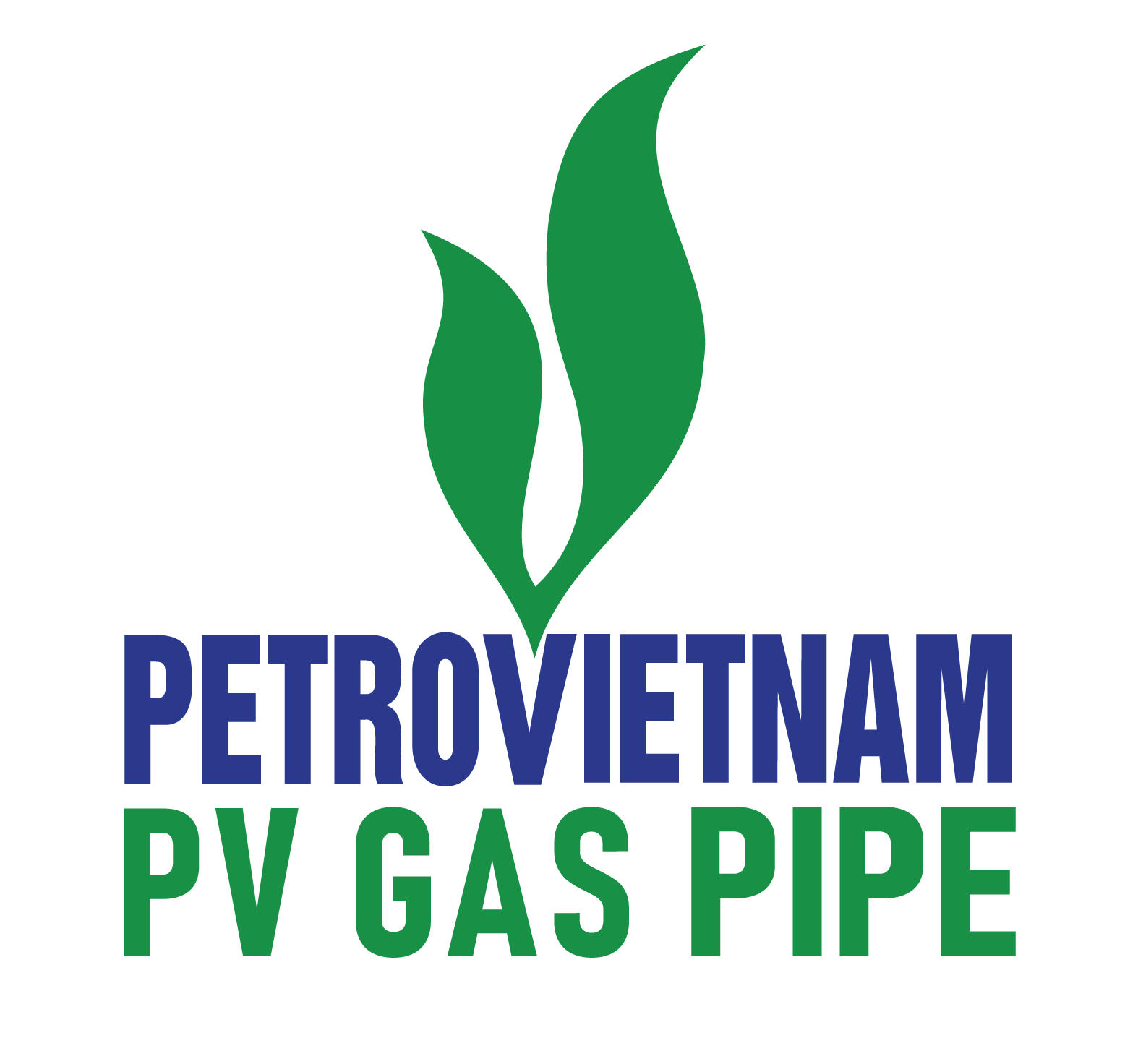LNG power is becoming an important part of the socio-economic development strategy and ensuring national energy security. However, the implementation of LNG power projects is currently facing many challenges and difficulties.
According to Decision 500/QD-TTg, Vietnam has approved about 13 important LNG power projects, aiming to achieve 22,400 MW by 2030, accounting for 14.9% of the total power supply. However, with the current progress, timely integration into the power grid by 2030 is becoming difficult. The time from planning to the operation of projects often takes 8-10 years, severely affecting the reliability of the power system in the future.
Leaders of the Ministry of Industry and Trade have emphasized the essential role of LNG in the eighth power plan, particularly regarding national energy security, especially in the North. If the delay continues, energy security will be seriously threatened.
Challenges in Project Implementation
The lack of favorable policies for investors and LNG import businesses is one of the main reasons causing difficulties in project development. Issues such as contract negotiations, land clearance, and identifying investors are also hindering project progress.

PetroVietnam Gas Joint Stock Corporation (PV GAS) is striving to invest in LNG import terminals to ensure a gas supply for electricity production and other industries. However, PV GAS is facing challenges related to policies concerning LNG products, affecting the investment and business process.
Solutions and Future Directions
To address these difficulties, PV GAS is actively participating in developing the necessary policies for investment and LNG infrastructure development. Commitment to annual electricity output and gas consumption from the Vietnam Electricity Group (EVN) is a prerequisite for attracting financing for projects.

Despite many challenges, PV GAS continues to implement its gas market development strategy in line with the direction of the Vietnam Oil and Gas Group (Petrovietnam). The company is transforming its gas business model, prioritizing domestic gas sources and developing LNG business for industrial customers.
Conclusion
Developing LNG power is an indispensable part of the national energy strategy. To ensure the progress and efficiency of projects, close coordination between relevant agencies and businesses is needed, along with the establishment of appropriate policies. This will not only enhance energy security but also promote the sustainable development of the gas industry in Vietnam.






